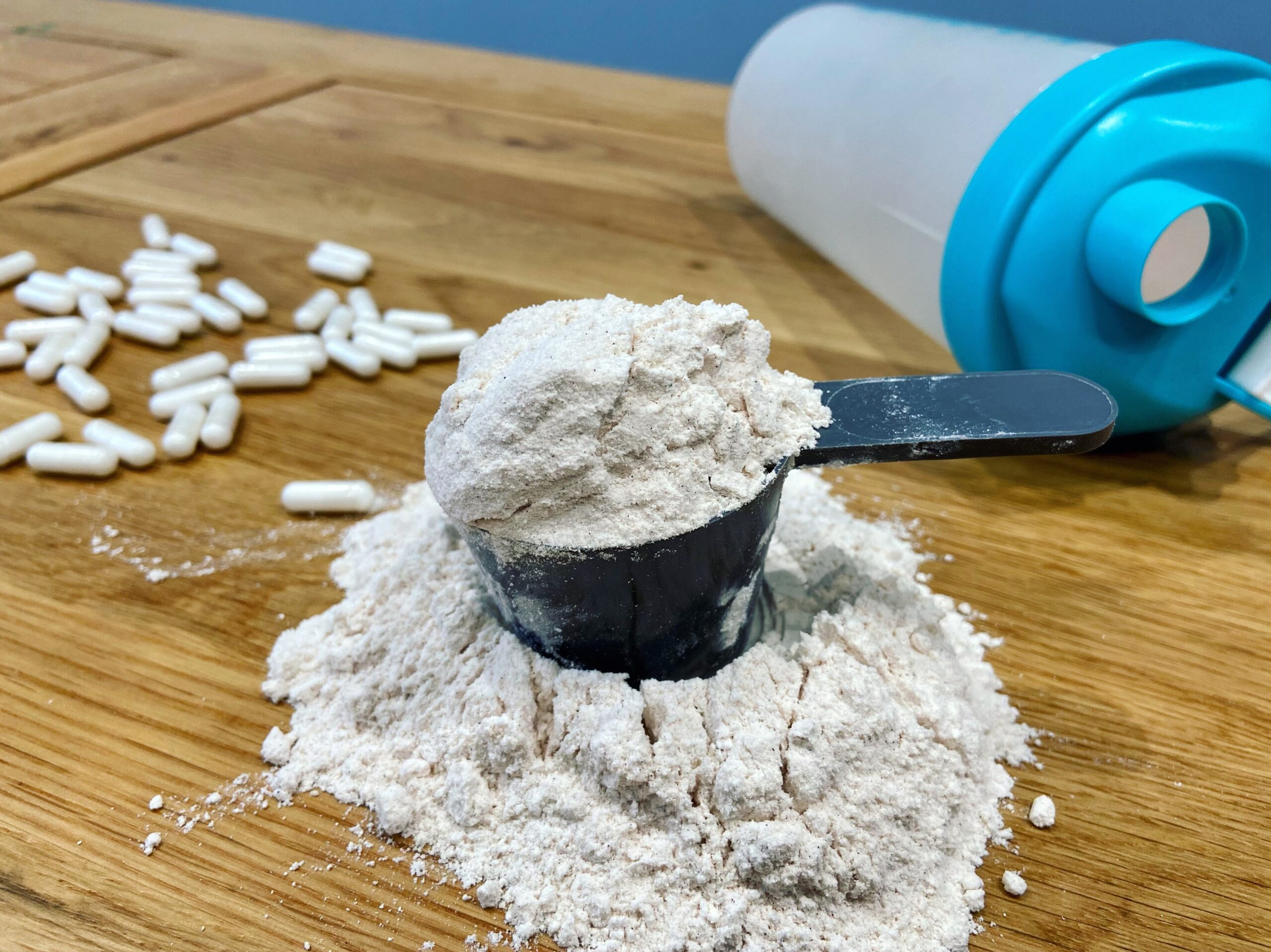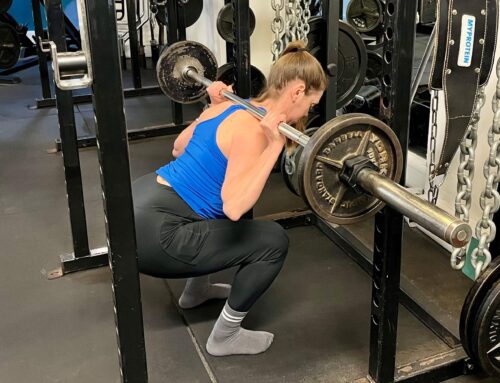What are BCAAs and why do we need them?
Branch Chain Amino Acids (BCAAs) are a group of three essential amino acids (leucine, isoleucine and valine) which play a critical role in maintaining muscle mass. They occur naturally in protein but cannot be produced by the body and must therefore come from your diet.
Research has shown that BCAAs, in particular leucine, trigger protein synthesis following exercise whilst helping to inhibit the breakdown of muscle fibres. They have also been found to help with energy production during a workout, reducing fatigue and improving focus, resulting in greater training results. A third key benefit is that they have been proven to reduce DOMS (delayed onset muscle soreness) from intense exercise, potentially allowing you to train more frequently.
Whilst essential for everyone, consumption of adequate levels of BCAAs is therefore very important for anyone training regularly and looking to improve body composition. It is possible to get all the necessary essential acids from food, with the best sources known to be chicken, eggs, beef, tuna, salmon, cottage cheese, peanuts and Greek yoghurt. However, since it is not always easy, convenient or cheap to access those foods, and with many people restricting certain foods from their diet, BCAA supplements are now an increasingly popular choice.
The recommended intake is between 5-12g BCAAs a day, increasing to 10-20g for athletes or anyone doing regular and intense weight training. For reference, the following food sources provide: 1 chicken breast = 6.5g BCAAs; 1 salmon steak = 3.8g BCAAs; 1 egg = 1.3g BCAAs; 50g peanuts = 2g BCAAa.








Leave A Comment